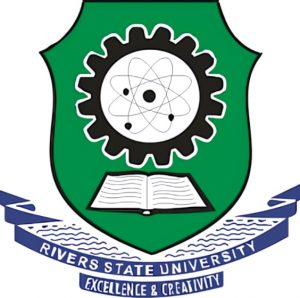- Leadership and Management
This entails responsibility and accountability for setting and advancing the academic master plan of the department in accordance with the Faculty and University strategic goals; creating sustainable structures for the management, consultation, decision-making, and communication with members of the department; the promotion and representation of the university; and fostering an excellence culture, tolerance, and respect within and outside the department.
- Responsibility for Teaching and Students
This department ensures the accomplishment of the University’s responsibilities towards students with regards to their admission, instruction, progress, and examination; makes sure students adhere to the regulations and standards set by the Faculty and the Senate; and regularly reviews programme content in a bid to attract new students and industry partnerships.
- Responsibility for Research
The department encourages the highest levels of quality, integrity, and ethics in all research endeavours while facilitating a forward-looking research culture for both staff and students.
The department’s leadership ensures the university’s policies and procedures are executed; secures fair workload allocation; proper management of staff performance; encourages collaborations among staff members; and facilitates a healthy work environment.
This department sees to compliance with the University’s financial regulations; manages income and expenditure in ways that promote financial sustainability; makes sure all University property in its care is maintained and regularly serviced.
The department puts in place appropriate evaluation and monitoring procedures in line with the University’s strategy on quality assurance in teaching, research, and resource management.
- Development of Academic/Research Standing
The department is responsible for continuous development as leaders in research and publication; the attraction of external funding; and partnership with industry leaders in the field of development communication.

